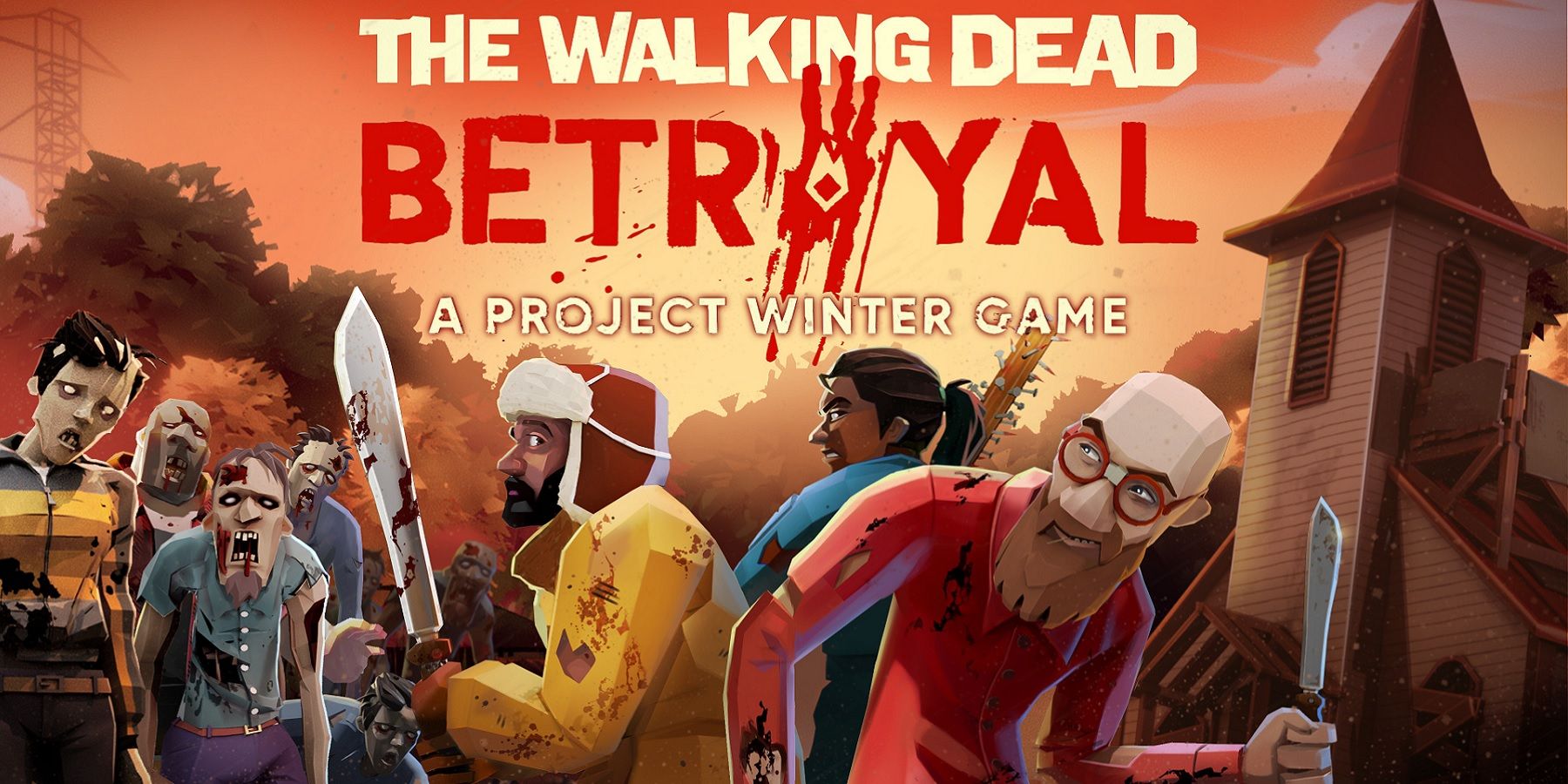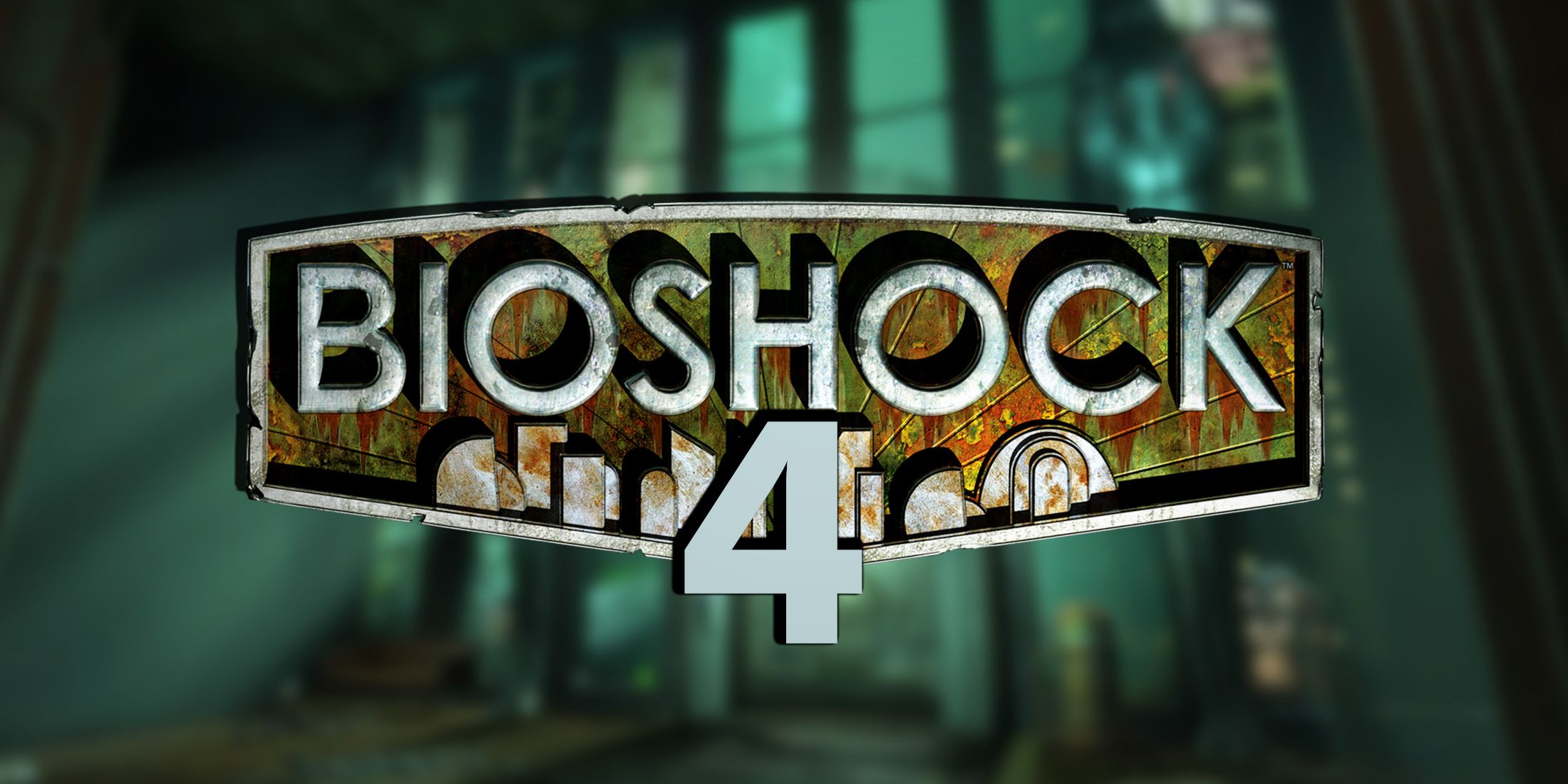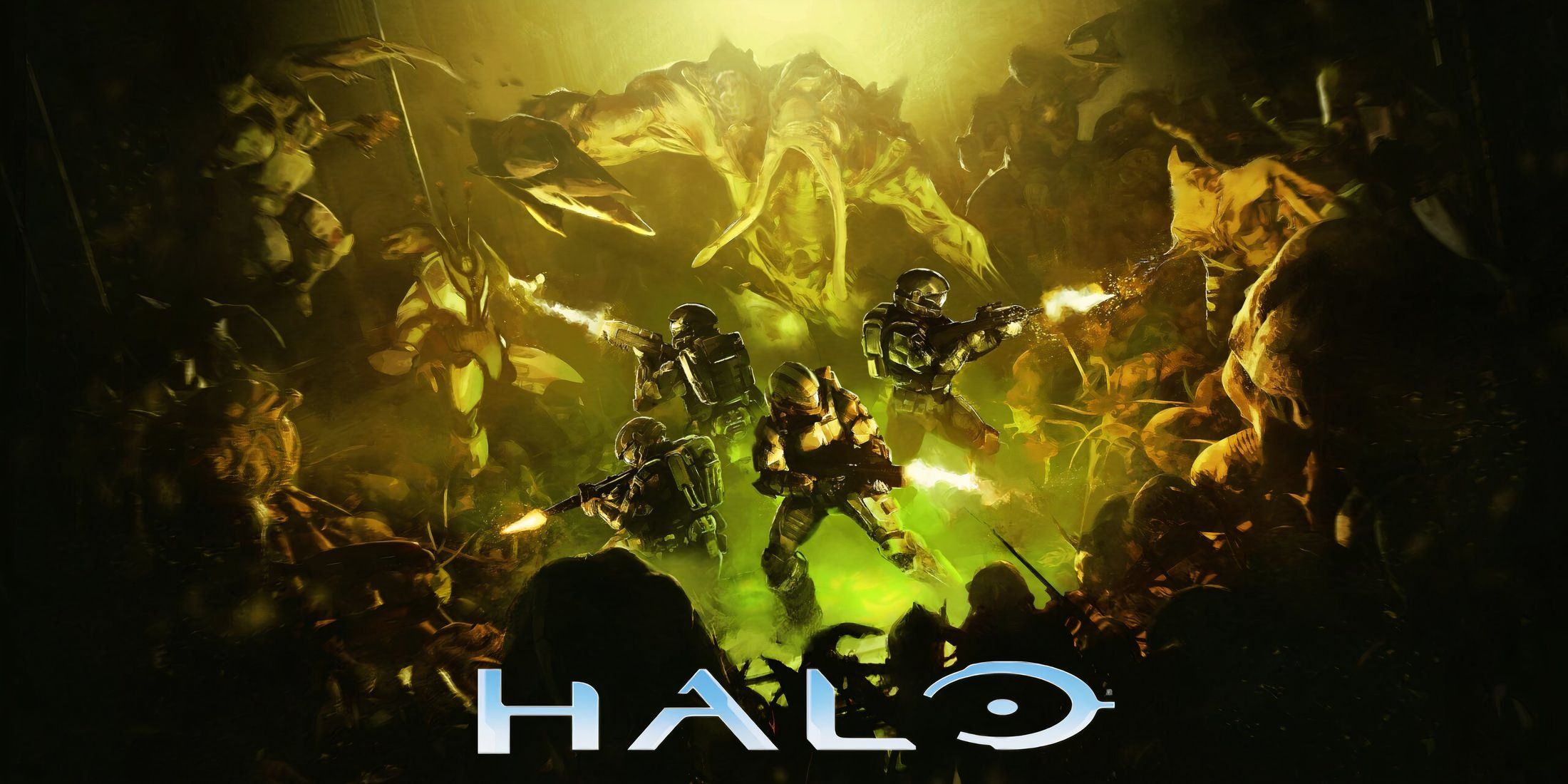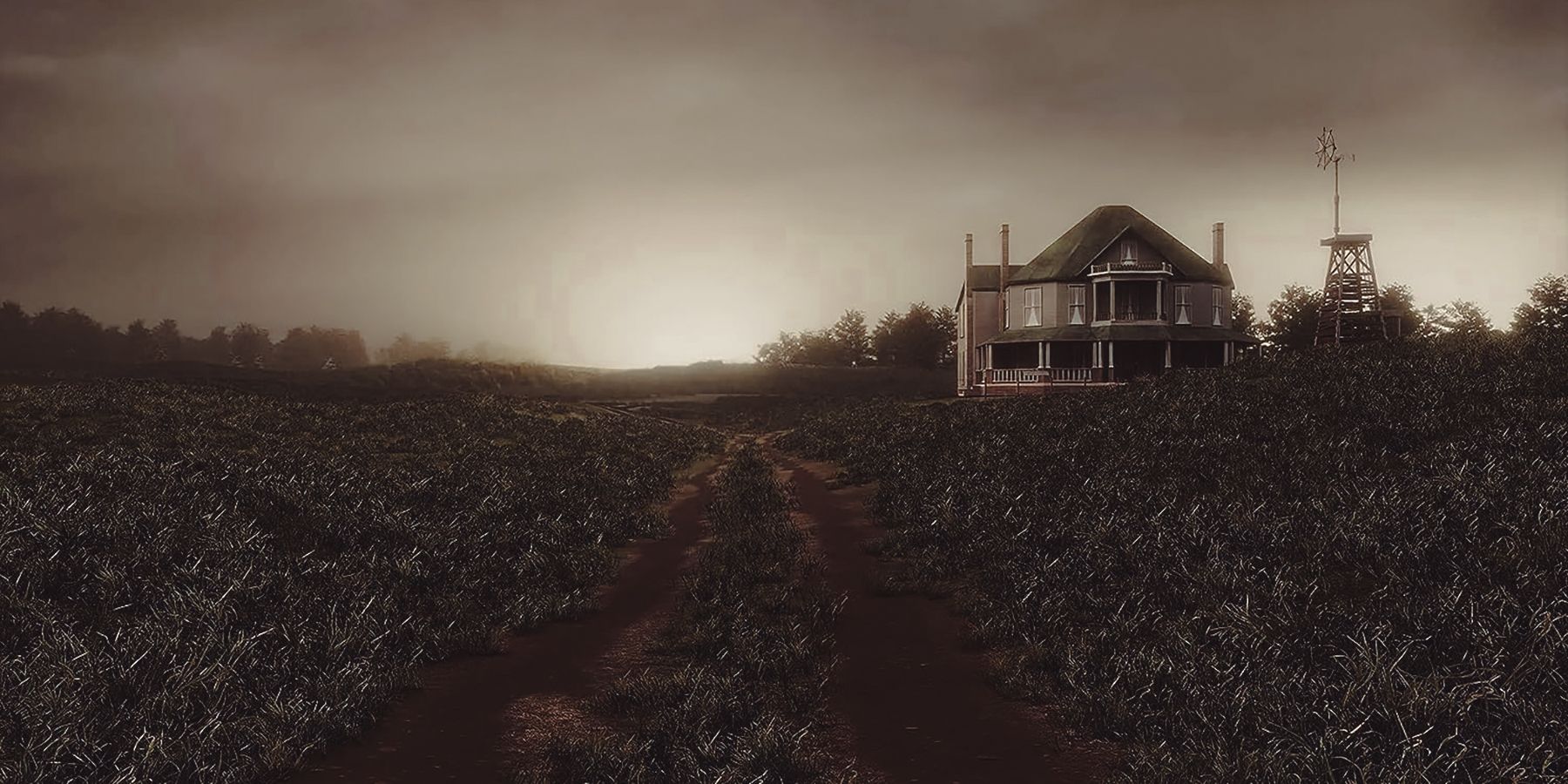The Walking Dead: Destinies gives players the chance to ask "What If" in the beloved universe, seeing how different people could change the tone and direction of the overarching narrative. While players will have power over who lives and who dies, the game still closely follows the events of the Show all the way through the Prison. The Walking Dead: Destinies' combat also closely adheres to the show, as players may find one walker easy to defeat but groups of them much more difficult.
Combat alone, however, does not define the gameplay of The Walking Dead: Destinies. Alongside the various combat encounters players will face, the game also features what devs call Headquarters Sequences. Game ZXC learned how these operate in a recent interview with game director at Flux Games, Paulo Luis Santos.

The Walking Dead: Betrayal is Like Project Winter With Zombies
Game ZXC goes hands-on with The Walking Dead: Betrayal, a zombified version of the Project Winter social deduction game.
While the bigger core conflicts, the shocking deaths and brutality, and the fight for survival all define the Walking Dead TV show, there are plenty of moments where the show slows down to focus on its characters. This gives fans little insights into their lives, expands their character development, and helps endear fans even to the harshest of survivalists. The Walking Dead's Shane, despite his short stint in the show, is popular for a reason after all, and The Walking Dead: Destinies aims to adapt these too. According to Santos, these Headquarters Sequences are playable moments in-between the bigger levels and thus not unlike the show.
Those are playable moments that take place in-between levels where players can chill, talk with the characters in the group for a little bit of extra dialogue, get some opinions on what is going on. This is also a moment where conflicts may trigger, a neat little narrative feature that enables the player to make some role-playing decisions.
When playing as Rick Grimes, it might be great to speak with Carl or to talk with Michonne, for example, and similar events are possible thanks to this feature. It may also influence choices and decisions made in The Walking Dead: Destinies, depending on the opinions of others in the group. And of course, a little internal conflict is more than warranted by this feature, though how those conflicts can ultimately be resolved remains to be seen.
It's clear, ahead of The Walking Dead: Destinies' release date, just how much the game emulates the first four seasons of the show. With unique control over the bigger narrative and smaller, quieter moments accounted for, it'll be interesting to see how players either follow or break away from the original story.
The Walking Dead: Destinies is set to release on November 14 for PC, PS4, PS5, Switch, Xbox One, and Xbox Series X/S.



